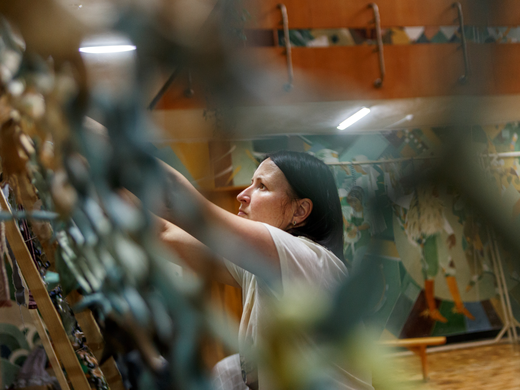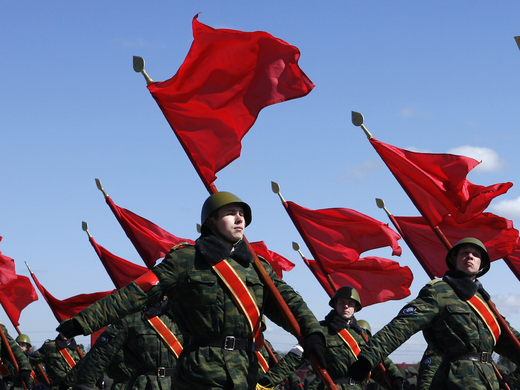To this day, the media refer to the July 1995 attack on UN “safe area” Srebrenica as a lesson that should never be repeated — a topic that has re-emerged in light of current debates within the international community about what types of intervention should be used to stop further violence. Bosnia-Herzegovina (Bosnia) lacks a widely supported strategy for transitional justice. In this policy brief, Dejan Guzina and Branka Marijan recommend that Bosnia’s state-level strategy be strengthened with thicker regional cooperation, and the implementation of a regional strategy involving the European Union and other UN organizations. The authors note that different ethnic groups’ competing versions of the past conflict — “parallel narratives” — pose a formidable challenge to the development of transitional justice initiatives. These challenges can be overcome by political acknowledgement of the crimes and truth-telling initiatives through the education system, but the authors warn that the window of opportunity to right the wrongs is closing — if divisive narratives continue to shape local perceptions, Bosnia’s situation is unlikely to improve and may, in fact, deteriorate.


